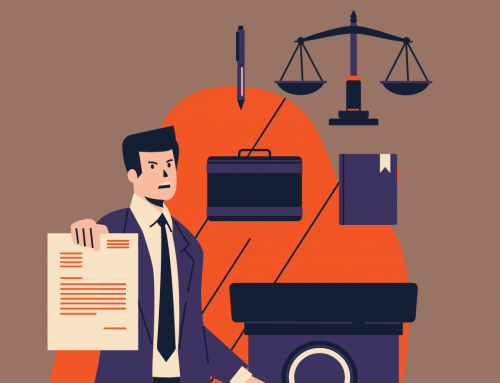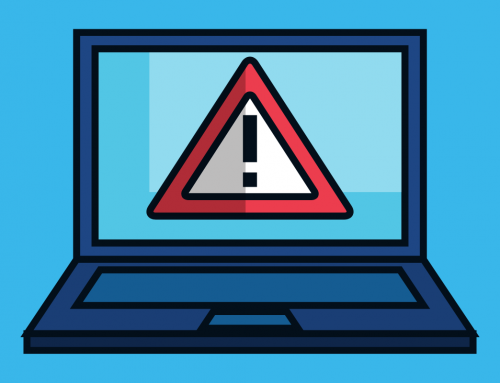Law firms are targets for cyber attacks. That’s why we recommend multifactor authentication for all law firms.
You handle sensitive client information, case details, and proprietary data. A breach can lead to serious consequences, including loss of client trust, financial penalties, and legal repercussions. Multifactor authentication (MFA) helps secure your firm against such incidents by ensuring that only authorized personnel access sensitive information.
Multifactor authentication is a security system that requires more than one method of authentication to verify the user’s identity for a login or other transaction. Unlike traditional password-only approaches, MFA provides additional layers of security, making it a lot harder for unauthorized individuals to breach your systems.
Enhanced Security
The primary benefit of MFA is the enhanced security it provides. By requiring multiple forms of verification, MFA ensures that even if one credential (like a password) is compromised, unauthorized access is still unlikely. This is particularly important in the legal industry where information security is paramount.
Compliance with Legal Industry Standards
Many regulatory bodies and legal industry standards now require or strongly recommend MFA. Implementing MFA can help your firm stay compliant with these standards, thereby avoiding legal complications and maintaining professional integrity.
Reducing the Risk of Data Breaches
Law firms are attractive targets for cyber criminals due to the sensitive nature of the data they hold. MFA reduces the risk of data breaches, as it adds an extra layer of security beyond just a password. Using MFA also demonstrates to clients that their data is taken seriously and protected with robust security measures. This can be a key factor in building and maintaining client trust.
How MFA Works
MFA works by combining two or more of the following authentication factors:
- Something you know: This could be a password or a PIN.
- Something you have: Such as a security token, a smartphone app, or a smart card.
- Something you are: Biometric verification like fingerprint or facial recognition.
When a user tries to access a system, they are required to provide at least two of these authentication factors, ensuring a higher level of security than a simple password.
Implementing MFA in Your Law Firm
Implementing MFA can be straightforward. Many software and online services used by law firms already offer MFA functionality. The key steps include:
- Select an MFA solution that suits your firm’s size, complexity, and specific needs.
- Configure the MFA system on your networks, devices, and applications.
- Educate your staff about how MFA works and why it’s important. Ensure they know how to use it correctly.
- Keep your MFA solution and other security tools up to date to protect against evolving cyber threats.
Best Practices for Using MFA in Law Firms
To make the most out of MFA, law firms should follow these best practices:
- Use a Variety of Factors: Don’t rely on just one type of additional authentication. Use a mix of something you know, something you have, and something you are.
- Educate Your Team: Make sure everyone understands the importance of MFA and how to use it correctly.
- Regularly Review and Update Your Security Policies: As threats evolve, so should your security strategies. Regularly review and update your policies, including your MFA setup.
- Test Your MFA System: Periodically test the system to ensure it works as expected and that staff can use it effectively.
- Plan for Mobile Security: With many lawyers and staff using mobile devices, ensure that your MFA solution effectively secures mobile access.
- Consider Backup Authentication Methods: Have backup options in case the primary method fails (e.g., a phone app and a physical token).
Conclusion: MFA Is Not Just a Choice, It’s a Necessity
These days, MFA is not just an optional extra – it’s a necessity. By implementing and properly managing MFA, law firms can make their systems more secure, protect their clients’ data, and maintain the trust that is so crucial to their professional relationships. Remember: in cyber security, the best offense is a good defence, and MFA is a key player in that defence. Ensure your law firm is not left vulnerable; embrace MFA and fortify your defences against the ever-present threat of cyber attacks.










